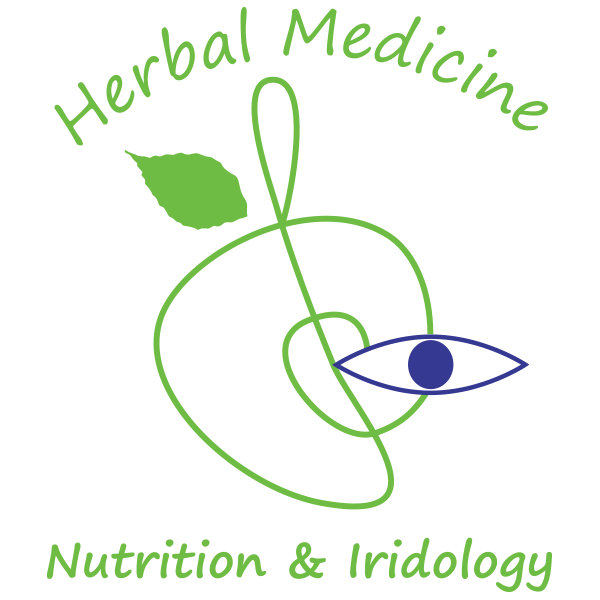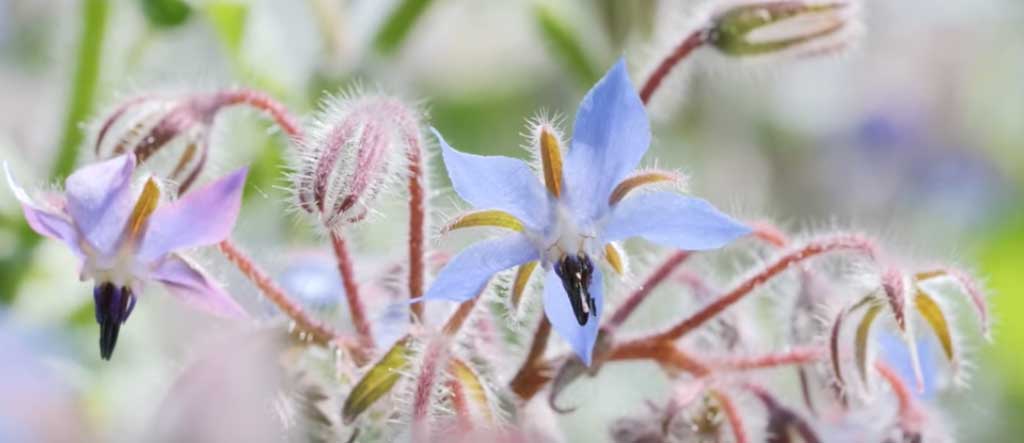When excess worry and fear get in the way of everyday life, anxiety becomes a problem. If left unchecked, it can be debilitating. Anxiety triggers the stress response, which floods the body with stress hormones that cause physical, emotional and mental changes. Repeated activation of the fight or flight response can take a hefty toll on your health.
Herbal Medicine for Anxiety
I offer an holistic response to anxiety that addresses nutritional needs, lifestyle changes and herbal remedies to help at all stages of recovery. An iris analysis can reveal how you process stress and where your strengths and vulnerabilities lie. Mindfulness practices are easy to adopt into daily routines.
Anti-anxiety Herbs
Anxiolytic herbs help reduce the symptoms of anxiety, nervine herbs can be tonic, sedating or stimulating to the nervous system and all of them will help to improve digestion. Anti-spasmodic herbs help to reduce spasm and physical tension. Adaptogenic herbs (usually given in the form of a nutritive powder) help to modulate our response to stress and re-balance hormones. Nutritive herbs nourish and restore.
Other classifications of herbs may also be indicated depending on symptoms and the root cause. It is in the combining of herbs in a formula corresponding to the individual and how specific herbs complement each other, that optimum results are obtained. The nervous system runs throughout the body. Anxiety affects the heart and lungs, adrenals and kidneys, digestive, musculoskeletal and endocrine systems.
Some of my favourite anti-anxiety herbs for use in nerve tonics:
Borage for courage:
The use of borage to gladden the heart goes all the way back to 1st Century Rome. In the middle ages it was a popular choice to dispel melancholy and calm hysteria. It is used during convalescence to help restore the adrenal glands, especially where chronic fatigue is a factor. It is a popular herb for anxiety associated with menstruation, postpartum and menopause.
Motherwort: Leonorus cardiaca
Motherwort protects the heart. It relaxes the heart muscle and is one of the first herbs to come to mind for heart palpitations and nervous tension. It has a long history of use for anxiety associated with menstruation and menopause. It soothes over-stretched nerves and calms an over-excited mind. Motherwort is for those who are forever vigilant for signs of danger; it relaxes the sympathetic (fight-or-flight) nervous system.
Wood betony helps with nervous exhaustion.
It is not always easy to switch off when it is time to sleep. Wood betony is grounding in that it brings us out of our head and back into our body, which is exactly where we want to be when it is time to sleep. It helps with muscular tension and joint pain, headaches and agitated nerves. If digestive issues or skin rashes are a problem wood betony combined with skullcap can give relief.
Passionflower is a popular anxiolytic herb.
It helps to lower blood pressure and relaxes tense muscles and nervous tics. It calms an over-active nervous system and pairs well with wood betony for the transition into sleep. Excessive worrying and persistent circular thinking can be alleviated with passionflower.
Skullcap and other anti-anxiety herbs:
Skullcap is the herb of choice for mental exhaustion and restoring the central nervous system. It acts to soothe frayed nerves and reduce nervous tics and spasm. Blue vervain is especially good for people given to obsessive rumination and angry outbursts.
For those whose anxiety took root when they first failed to speak up for themselves, mullein flower can help with finding one’s voice. Although goldenrod is most often used for lung and kidney infections, it also can help the timid one to stand erect.
It may sound like many of the above herbs do the same things but each has its own personality and affinity with various functions and organs in the body. We may need different herbs at various stages.

